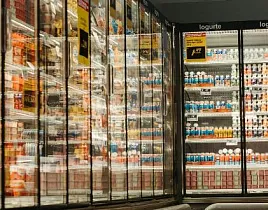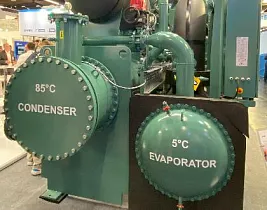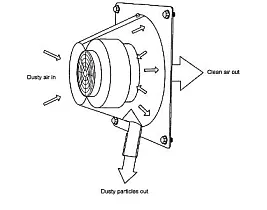Researchers from the University of South Australia (UniSA), in collaboration with Glaciem Cooling Technologies, have developed a revolutionary, energy-efficient refrigeration system. This system, the indirect evaporative (dew point) carbon dioxide (DP-CO2) refrigeration system, could transform cooling in supermarkets, hospitals, abattoirs, and other sectors.
Installed and tested in the new Coles supermarket in Norwood, SA, under the RACE for 2030 CRC research program, preliminary results show the DP-CO2 system can cut annual refrigeration energy consumption by 19% and peak electricity demand by 37%. These reductions promise significant decreases in greenhouse gas emissions and operational costs.
If these efficiencies are sustained, Coles and other businesses may widely adopt the new system, significantly cutting electricity use and emissions in cold chains.
Dr. Tim Lau, the chief investigator and sustainable energy researcher at UniSA, emphasizes the substantial potential impact: “Heating, ventilation, air conditioning, and refrigeration can account for up to 70% of a customer's electricity usage and 24% of Australia’s electricity consumption. The system uses dew point coolers to pre-cool the ambient air, allowing efficient operation even in climates over 40 degrees Celsius, reducing energy usage by more than a third compared to conventional systems.”
A computational model has been developed to evaluate the system’s potential across various sectors, including hospitals, meat processing plants, cold storage, and aquariums. The greatest benefits are anticipated in hot, dry climates like central Australia.
“This project paves the way for greener and more cost-effective commercial refrigeration, not only in Australia but across the world,” Dr. Lau adds.




